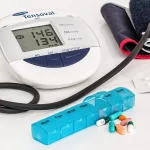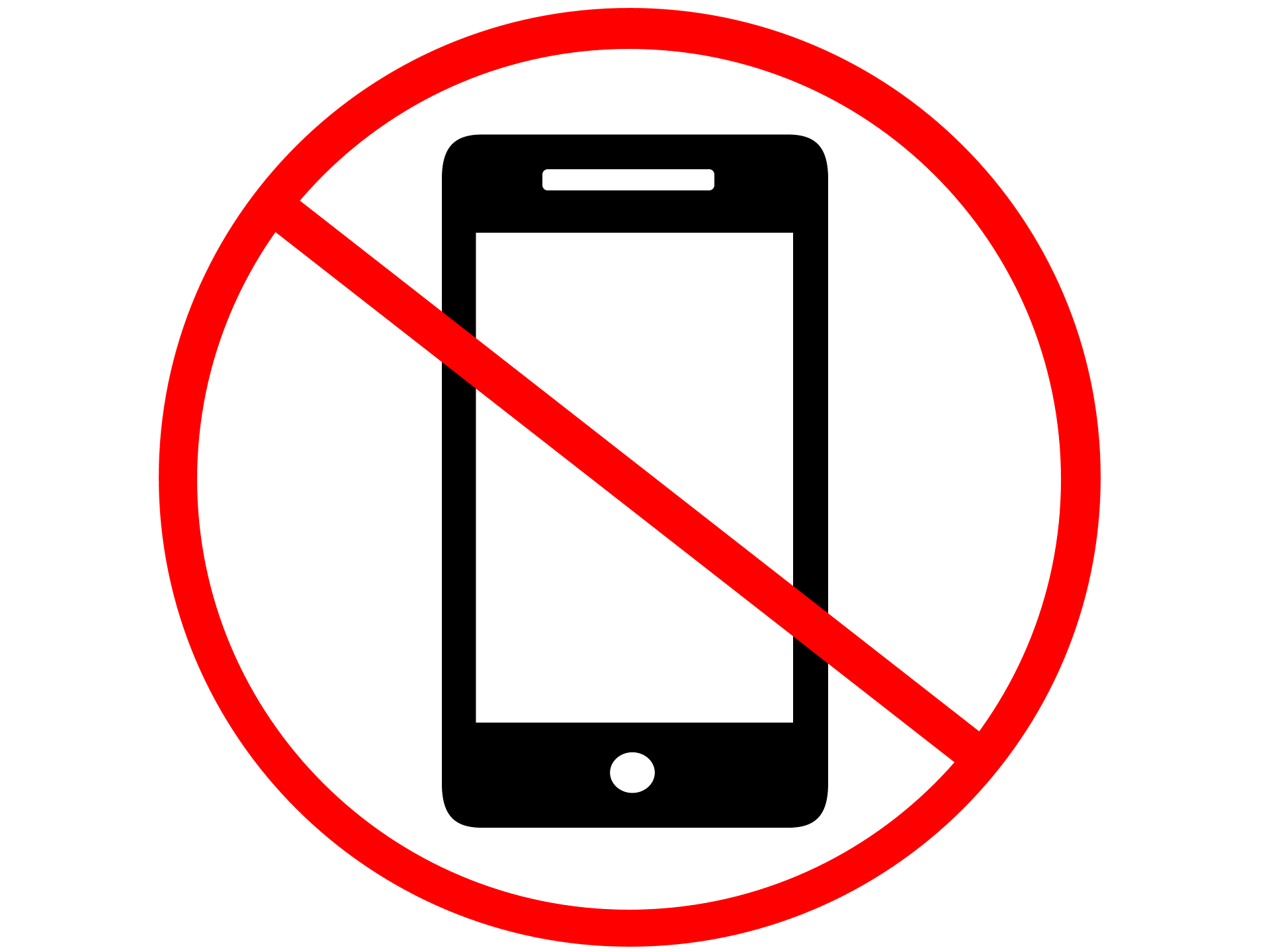A cell phone can be a useful tool for staying in touch with friends and family, but it can also be a dangerous distraction. Here are some ways to avoid the dangers of your cell phone.
- Keep your phone on vibrate during meetings, lectures, or when you’re driving.
- Put your phone away when you’re in public. You’ll be able to focus on what’s happening around you instead of constantly checking your messages or social media feeds to see what others are saying about you.
- Take short breaks from the internet and video games by going outside and spending time with friends or doing something physical like playing sports or exercising.
- Set your alarm clock an hour before bed so that it doesn’t ring while you’re sleeping and disturb your sleep cycle.
- Disable Wi-Fi during sleep hours to prevent intrusions from online hackers.
How much of your life is screens?
The amount of time we spend on screens has increased exponentially in recent years. This can be both beneficial and detrimental for our health. With so many hours spent on screens, it is important to take steps to protect yourself from the dangers of your phone.
- Take a break from your phone every hour by leaving it turned off or setting it on vibrate during a meeting or when you’re driving.
- Put your phone away when you’re in public so that you’re able to focus on what’s happening around you instead of constantly checking social media feeds and messages.
- Take short breaks from the internet and video games by going outside and spending time with friends or doing something physical like playing sports or exercising.
- Stop using your phone during sleep hours to prevent intrusions from online hackers.
Navigation and location safety
- If you’re traveling, turn off your cell phone, set it to airplane mode, and put it in your carry-on bag. This will prevent anyone from contacting you through text or social media.
- Avoid using your phone when you’re driving. It’s easy for your eyes to glaze over while driving and cause an accident.
- If possible, avoid giving out your personal information such as phone number or address to people who don’t know you well.
- When you’re at home, keep the house locked so that intruders can’t get in without a key unless they have a master key.
Safety with tech
- Technology can be a useful tool, but it can also be dangerous. Having a cell phone with you everywhere isn’t the safest option, so it’s important to take steps to protect yourself from your phone.
- For example, if you’re going to be driving, make sure your phone is in airplane mode so that you can focus on the road. If you’re using your phone during a meeting or lecture, set it to vibrate instead of playing music.
- Another way you can protect yourself from technology is by taking short breaks from the internet and video games.
- If you want to get out of the house and spend some time with friends or family outside of the house without bringing your phone along, try doing something physical like playing sports or exercising instead of staying glued to social media sites for hours at a time.
Safety in social media
- Social media is a valuable tool for connecting with loved ones, but the dangers of social media are many.
- Filter your notifications so that you’re only being alerted to important messages like those from your doctor or your boss.
- If you’re feeling stressed out by social media, try taking a break from it and focusing on something else for an hour or two. You’ll be able to clear your head and reflect more clearly on what’s going on in your life without all the noise.
- Put limits on how long you spend online each day. Set time limits for yourself and stick to them by using the iPhone timer app or setting timers on your computer or phone that will automatically stop at predetermined times.
Safety on the internet
- The internet can be a dangerous place. Cybercriminals are constantly looking for ways to take advantage of people with their personal information. To help protect yourself, use these tips:
- Keep your phone on airplane mode when you’re sleeping so that hackers cannot access it.
- Use two passwords for your accounts – one for your email and another for your bank or social media account. You’ll be able to keep others out of these accounts if they get compromised by cybercriminals.
- Make sure you have antivirus software on your computer and phone to ensure that your files are safe from hackers.
- Use caution when sharing information online, because there is no such thing as a safe platform. Sharing information online can make you more vulnerable to cybercriminals who want to steal personal information from you.
Safety for kids
- Children are potential targets for cyberbullying, the most common form of which is through social media. To prevent your child from becoming a victim, implement these tips:
- Limit the use of social media to designated times and places, like after school or during homework hours.
- – Make sure all devices your kids want to use have parental control settings that will keep them safe online.
- – Install software like CyberPatrol to monitor your children’s internet activity. This tool can also help put an end to unwanted calls and texts.
- – Make sure you talk with your children about how they should behave online in order to avoid getting bullied or harassed.
Conclusion
The digital age has created an entirely new world, one that is becoming more and more entangled with technology. With this increase in technology, comes a huge increase in the risks. If you can take steps to protect yourself from your phone, then you are well on your way to a safer, happier life.
So how do you protect yourself from your phone?
Here are fifteen different ideas that will help you put a little more distance between you and your phone.
- Stay off your phone during a movie, meal or conversation
- Don’t use your phone at home when you’re not supposed to
- Use a headset or speaker when talking on the phone
- Turn off location services when not needed
- Make sure Bluetooth is turned off when not in use
- Use Airplane Mode when not in use
- Turn your location services off when traveling
- Be conscientious of how much time you spend on your phone
- Don’t share your phone number with people you don’t know
- Don’t text while driving or cycling
- Don’t use your phone while taking a shower or bath
- Don’t use your phone in the bathroom












